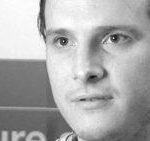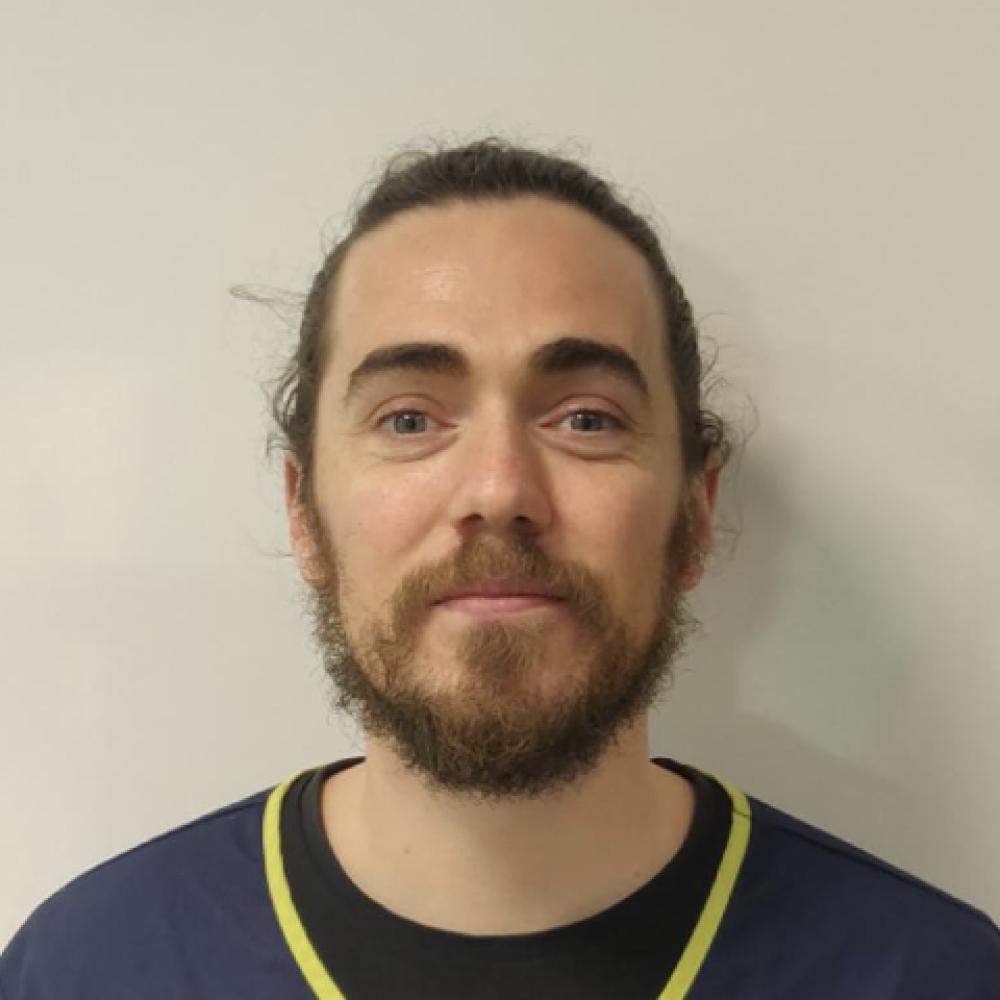Dealing with emergency patients can be very rewarding but can also be very stressful! Often, procedures that the clinician may be unfamiliar with (or has only performed a few times) need to be carried out rapidly and under pressure if the patient is to be saved.
Day One - Emergency Surgery
This day will focus on common emergency surgical presentations. Stabilisation will be discussed, and procedures outlined, prior to an extensive hands-on practical wet-lab to get to allow delegates to put the theory into practice enabling confident management of GDV, haemoabdomen, diaphragmatic rupture, and canine urethral obstruction.
Day Two - Emergency Procedures
Day two will focus on procedures aimed at stabilisation and support of the critical patient. By discussing the rationale of these techniques and offering a chance to practise ‘hands-on’ in a wet lab situation, the course aims to provide the necessary skills to confidently carry out these procedures back into your own practice.
Digital course notes, lunch and refreshments will be provided
Hear what our delegates have to say
Don’t just take our word for it - our delegate feedback speaks for itself.
Key features of this programme
GDV and gastropexy
Canine urethrostomy/urethrotomy
Diaphragmatic hernia
Haemoabdomen and splenectomy
Placing a tracheostomy tube
Thoracocentesis
Chest drain placement and appropriate management
When and how to place feeding tubes
Placing central lines and their indications
Intra-osseus needle placement
GDV and gastropexy
Canine urethrostomy/urethrotomy
Diaphragmatic hernia
Haemoabdomen and splenectomy
Placing a tracheostomy tube
Thoracocentesis
Chest drain placement and appropriate management
When and how to place feeding tubes
Placing central lines and their indications
Intra-osseus needle placement
Programme details
Module Summary
01 - Big Practical Weekend - Day One
02 - Big Practical Weekend - Day Two
Pricing
Pricing Billing
ECC Practical Boot Camp
Payment Terms & Conditions
Registration Information
FAQs
Practical Sessions
Where are practical CPD courses or face-to-face modules held?
What will the timings be for face-to-face certificate modules and practical CPD sessions? How will my day be structured?
Where do the cadavers come from for the practical CPD and surgical modules/courses?
What should I wear to a practical CPD course/module?
I will be travelling from overseas, do I need a Visa?
Will the dogs used for practical CPD courses be sedated?
Will the dogs used for scanning have any abnormalities?
Are the dogs used for ultrasound CPD clipped?
Are cats used for any of the ultrasound courses?
Our Clinical Excellence Centre
Discover the new Improve Veterinary Education Clinical Excellence Centre featuring two surgical wet-lab training theatres and a radiology suite.
Find out more





